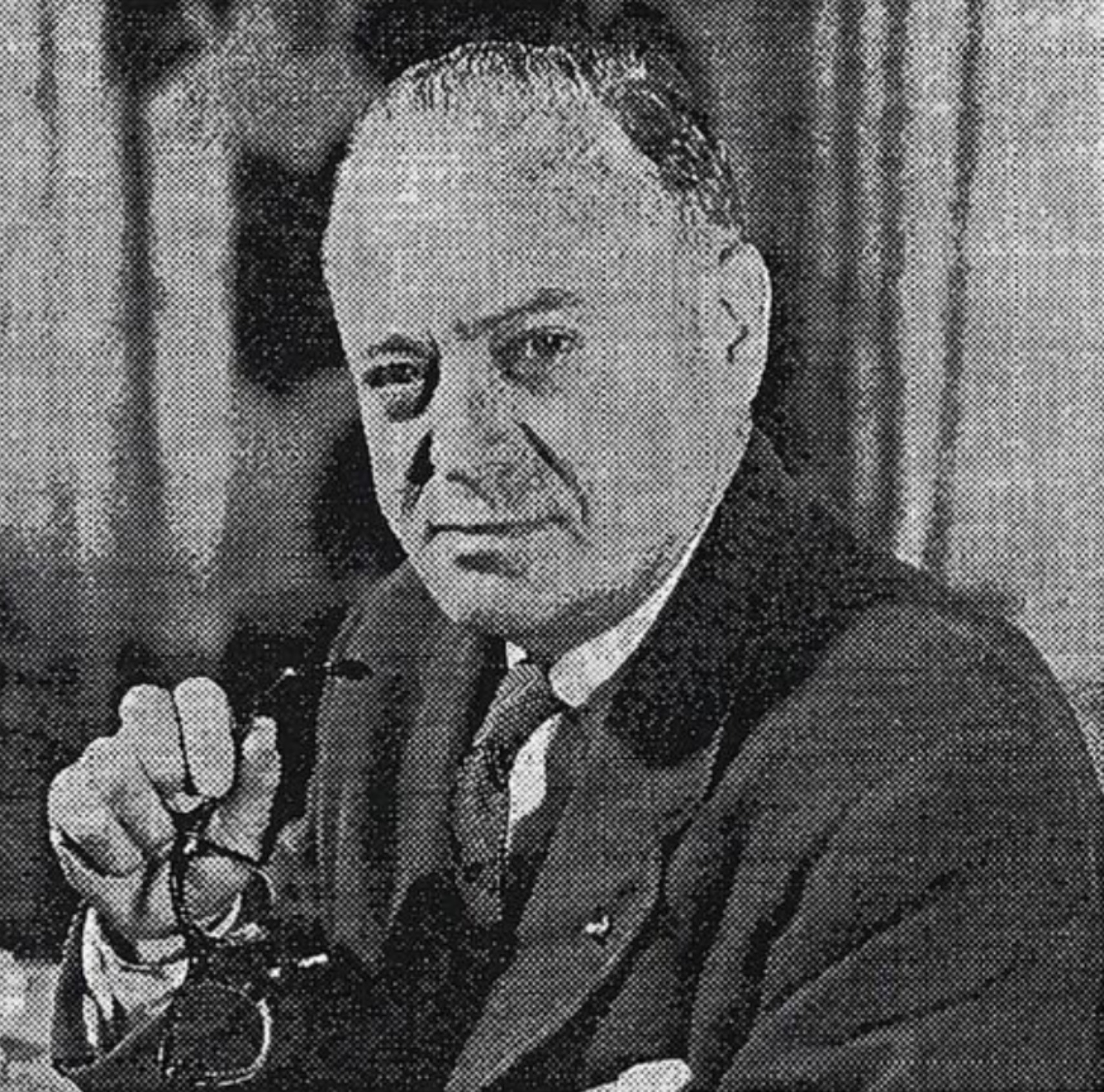
The 1952 United States Senate elections was an election for the United States Senate which coincided with the election of Dwight D. Eisenhower to the presidency by a large margin. The Republicans took control of the senate by managing to make a net gain of two seats, which was reduced to one when Wayne Morse (R-OR) became an independent. The Republicans still held a majority after Morse's switch. This election was the second time in history that the party in power lost their majority and the Senate Majority Leader lost his own re-election bid. This was the last time the Senate changed hands in a presidential election year until 1980 and the last time the Republicans won control of the Senate until 1980.

The 1946 United States Senate elections were held November 5, 1946, in the middle of Democratic President Harry S. Truman's first term after Roosevelt’s passing. The Republicans took control of the Senate by picking up twelve seats, mostly from the Democrats.
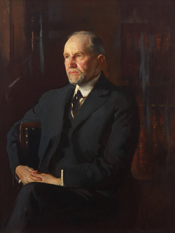
The 1918 United States House of Representatives elections were held November 5, 1918, which occurred in the middle of President Woodrow Wilson's second term.

The 1912 United States House of Representatives elections were held, coinciding with the election of President Woodrow Wilson.

The 1860 and 1861 United States House of Representatives elections were held at various dates in different states from August 1860 to October 1861.

The 1840 and 1841 United States House of Representatives elections were held at various dates in different states from July 1840 to November 1841.
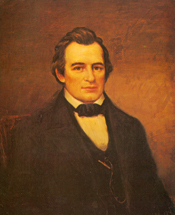
The 1838 and 1839 United States House of Representatives elections were held during President Martin Van Buren's term at various dates in different states from July 1838 to November 1839.
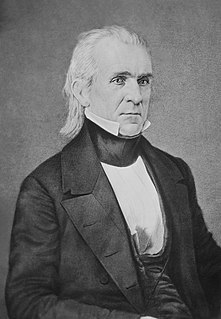
The 1836 and 1837 United States House of Representatives eletions were held at various dates in different states from July 1836 to November 1837.
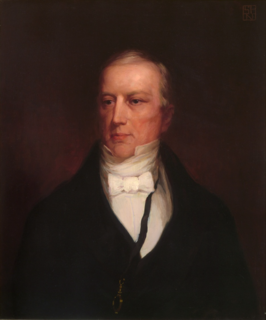
In the 1828 and 1829 United States House of Representatives elections, while Jacksonians soundly took control of the presidency, with Andrew Jackson's victory, they greatly increased their majority in Congress. Outgoing President John Quincy Adams's unpopularity played a major role in the Jacksonian pick-up, as did the perception of the Anti-Jacksonian Party as urban and elitist. Major increases in suffrage also heightened Jacksonian wins, as newly enfranchised voters tended to associate with Jacksonian principles. The Anti-Masonic Party, a single issue faction based on distrust of Freemasonry, became the first third party in American history to garner seats in the House.
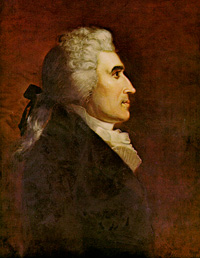
The 1796 and 1797 United States House of Representatives elections took place in the various states took place between August 12, 1796, and October 15, 1797. The first session was convened on May 15, 1797, at the proclamation of the new President of the United States, John Adams. Since Kentucky and Tennessee had not yet voted, they were unrepresented until the second session.
A special election was held in Massachusetts's 1st congressional district on September 5, 1796 and November 21, 1796 to fill a vacancy caused by the resignation of Theodore Sedgwick (F) upon his election to the Senate
A special election was held in Massachusetts's 12th congressional district on five occasions between September 25, 1801 and July 29, 1802 to fill a vacancy left by the resignation of Silas Lee (F) on August 20, 1801, prior to the beginning of the 1st Session of the 7th Congress.
A special election was held in Massachusetts's 10th congressional district to fill a vacancy caused by John Bailey (DR) being declared not eligible for the seat which he'd won the previous year on March 24, 1824. The election was held on August 30, 1824, with additional ballots held on November 1 and November 29 due to a majority not being achieved on the first or second ballot.

A special election was held in Kentucky's 5th congressional district on November 6, 1826 to fill a vacancy caused by the death of James Johnson (Jacksonian) on August 14, 1826.

A special election was held in Kentucky's 12th congressional district on November 20, 1826 to fill a vacancy caused by the death of Robert P. Henry (J) on August 25, 1826

A special election was held in Maryland's 2nd congressional district on February 1, 1826 to fill a vacancy caused by the resignation of Joseph Kent (A), who had been elected Governor of Maryland.

A special election was held in Mississippi's at-large congressional district on July 11, 1826 to fill a vacancy caused by the death of Christopher Rankin (J) on March 14, 1826

A special election was held in North Carolina's 8th congressional district on November 3, 1826 to fill a vacancy caused by the resignation of Willie P. Mangum (J) on March 18, 1826

A special election was held in Ohio's 10th congressional district on October 10, 1826, the same day as the general elections for the 20th Congress, to fill a vacancy caused by the resignation of David Jennings (A) on May 25, 1826.

A special election was held in Virginia's 5th congressional district on January 21, 1826 to fill a vacancy caused by the resignation of John Randolph (J) on December 26, 1825, after being elected to the Senate.
















